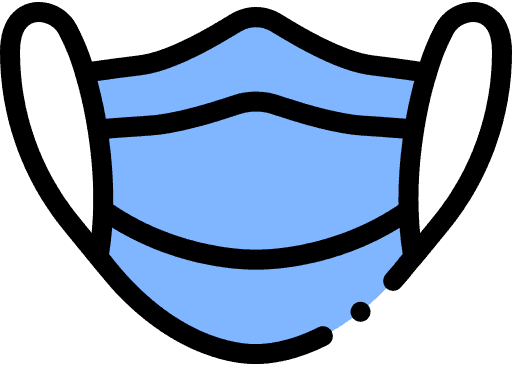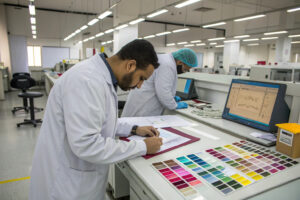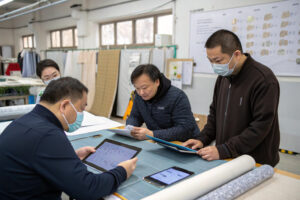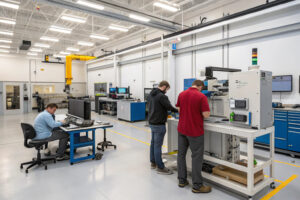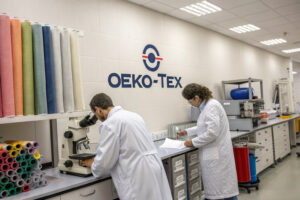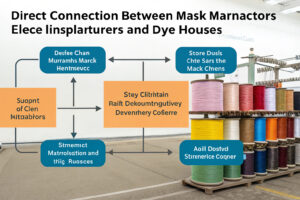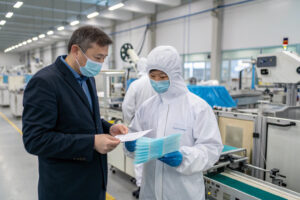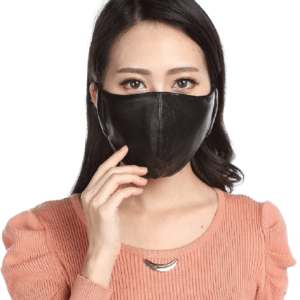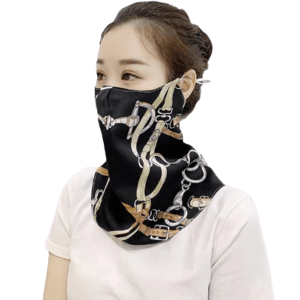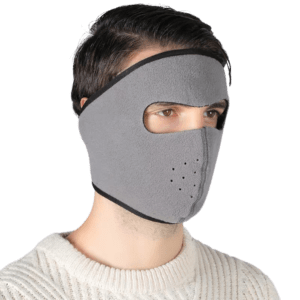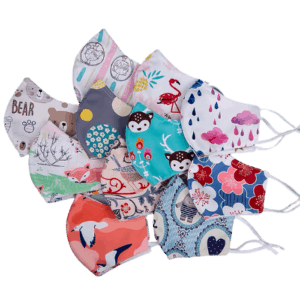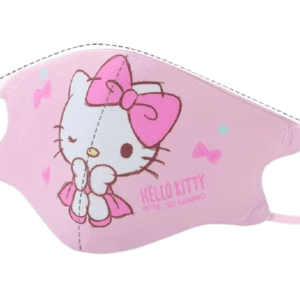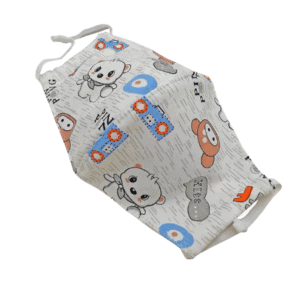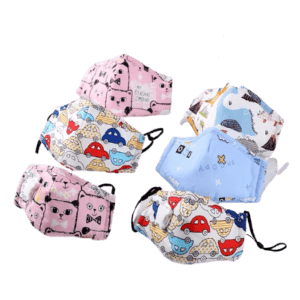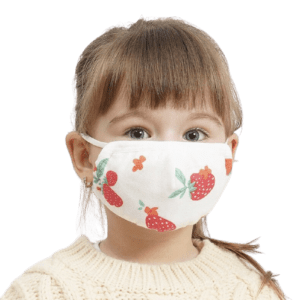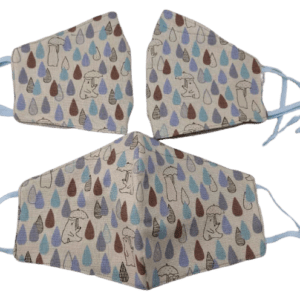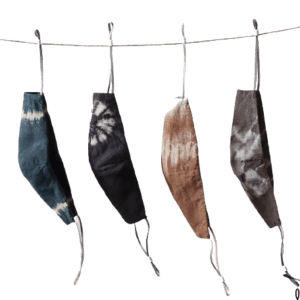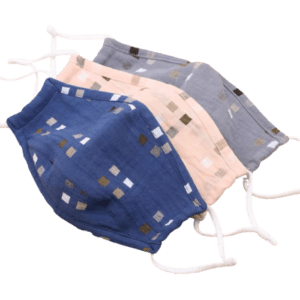The question of ethical production has become increasingly important for global brands sourcing fabric masks from China. Beyond compliance, ethical manufacturing has evolved from a "nice-to-have" to a business imperative that impacts brand reputation, consumer trust, and even product quality. Ensuring ethical practices requires moving beyond superficial audits to implement comprehensive systems that address worker welfare, environmental responsibility, and supply chain transparency.
We ensure ethical production in our Chinese fabric mask factories through a multi-layered system of independent certifications, unannounced audits, worker empowerment programs, transparent supply chain mapping, and living wage verification. This comprehensive approach addresses not just basic compliance but creates genuinely ethical manufacturing environments that align with international standards and brand values.
Ethical production in China's manufacturing sector has evolved significantly, with many factories now exceeding basic requirements to implement world-class ethical manufacturing systems. Let's examine the specific mechanisms that ensure ethical standards are maintained throughout the production process.
What Certification Systems Verify Ethical Production?
Independent certifications provide the foundation for ethical manufacturing verification, offering third-party validation of social and environmental standards.

How do international social accountability standards apply?
The Business Social Compliance Initiative (BSCI) and Sedex Members Ethical Trade Audit (SMETA) provide comprehensive frameworks covering working hours, compensation, workplace safety, and worker representation. These systems require regular independent audits with full transparency about findings and corrective actions. Our factories maintain BSCI 'A' and 'B' ratings, indicating strong compliance with only minor issues requiring correction. The audit process includes interviews with workers without management presence, document review, and physical inspection of facilities and dormitories.
What about specialized textile certifications?
OEKO-TEX® STeP certification specifically addresses sustainable textile production, including environmental performance, social responsibility, and traceable supply chains. This certification goes beyond basic social compliance to evaluate energy and water consumption, chemical management, and corporate social responsibility implementation. Our facilities' STeP certification demonstrates commitment to both environmental and social ethics throughout the textile manufacturing process.
How Does Worker Welfare Monitoring Function?
Beyond certification, ongoing monitoring and worker engagement ensure that ethical standards are maintained day-to-day rather than just during audit periods.
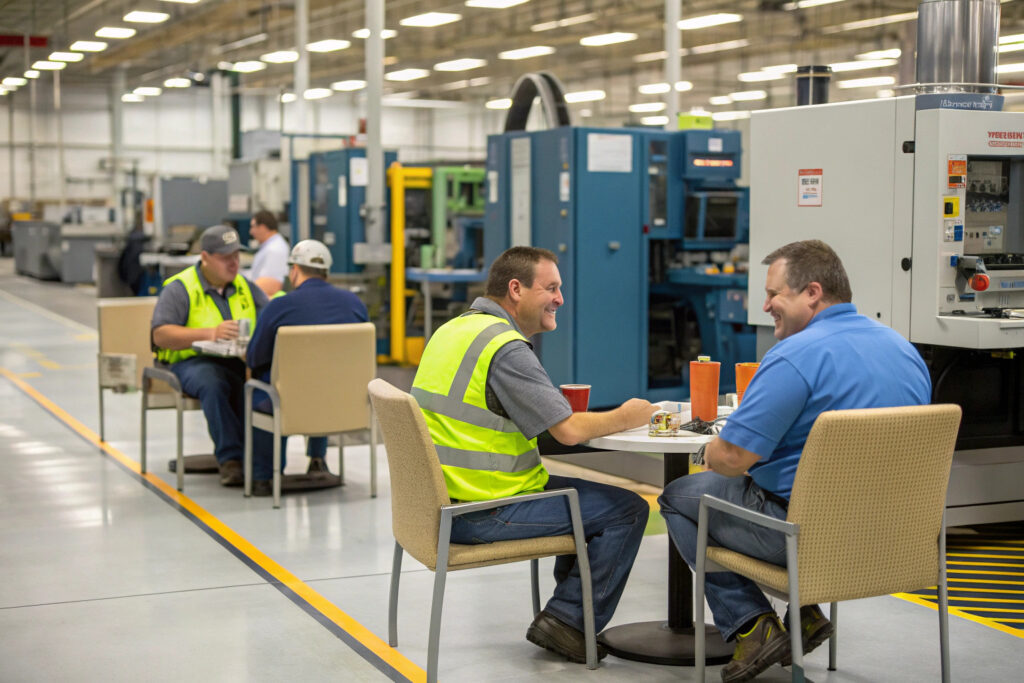
What role do unannounced audits play?
Random, unannounced audits conducted by both internal teams and third-party inspectors provide a genuine picture of everyday working conditions. These audits verify that working hours remain within legal limits (maximum 60 hours per week including overtime), that workers receive legally mandated breaks, and that production speeds are reasonable. Our internal audit team conducts monthly unannounced visits focusing specifically on issues that factories might "prepare for" during scheduled audits.
How are worker voices incorporated?
Anonymous worker feedback systems including physical suggestion boxes, digital platforms, and third-managed hotlines allow employees to report concerns without fear of reprisal. Additionally, worker committees with elected representatives meet regularly with management to discuss working conditions, compensation, and other concerns. These channels have helped us identify and address issues ranging from ventilation improvements in specific work areas to optimizing shift schedules for better work-life balance.
What Supply Chain Transparency Measures Exist?
True ethical production extends beyond the factory walls to include the entire supply chain, from raw materials to final shipment.

How is material sourcing verified?
Supply chain mapping and verification ensures that materials come from ethical sources. This includes tracking cotton to farms that prohibit forced labor, verifying dye houses properly treat wastewater, and ensuring component suppliers meet the same ethical standards as final assembly facilities. Our traceability system uses blockchain technology to create immutable records of material provenance, providing brands with confidence about their entire supply chain.
What about environmental compliance?
Ethical production includes environmental responsibility through proper chemical management, wastewater treatment, and air emissions control. Our facilities exceed local environmental requirements and implement international standards like the Zero Discharge of Hazardous Chemicals (ZDHC) framework in our dyeing and finishing processes. Regular environmental auditing verifies compliance and identifies opportunities for further improvement.
How Are Fair Wages and Benefits Ensured?
Compensation represents a critical element of ethical production, requiring verification that goes beyond minimum wage compliance.

What distinguishes minimum wage from living wage?
While China's minimum wage varies by region (approximately ¥2,000-¥3,500 monthly depending on location), we ensure workers receive a verified living wage that enables decent standard of living. This involves calculating regional living costs and adjusting compensation packages accordingly. Our wage analysis includes not just base pay but bonuses, benefits, and overtime compensation to ensure total earnings meet living wage requirements. Regular reviews adjust for inflation and changing living costs.
How are working hours and overtime managed?
Strict working hour monitoring ensures compliance with Chinese labor law (maximum 40 regular hours plus 36 overtime hours monthly). Automated timekeeping systems prevent off-the-clock work, while production planning avoids the peak-valley cycles that lead to excessive overtime during busy periods. Our analysis shows that stable production scheduling actually increases both productivity and product quality while supporting better work-life balance for employees.
What Continuous Improvement Systems Are in Place?
Ethical manufacturing requires ongoing commitment to improvement rather than static compliance with minimum standards.

How does ethical training function?
Comprehensive training programs educate both management and workers about ethical standards, rights, and responsibilities. This includes supervisor training on ethical management practices, worker education about their rights, and specialized programs on issues like preventing workplace harassment and discrimination. These programs are available in local dialects to ensure comprehension and create a shared understanding of ethical expectations.
What about community and environmental initiatives?
True ethical manufacturing extends to community engagement and environmental stewardship. Our facilities support local communities through educational programs, disaster relief support, and community improvement projects. Environmental initiatives include reducing water consumption through closed-loop systems, investing in solar power, and implementing comprehensive recycling programs that divert 92% of manufacturing waste from landfills.
Conclusion
Ensuring ethical production in Chinese fabric mask factories requires a comprehensive, multi-layered approach that combines independent certification, rigorous monitoring, worker empowerment, supply chain transparency, and continuous improvement. The most effective systems create genuine ethical manufacturing environments rather than simply passing audits. This approach not only ensures compliance with international standards but also results in higher quality products, more stable production, and stronger brand partnerships.
Ethical manufacturing has evolved from a compliance issue to a strategic advantage that delivers tangible business benefits through improved product quality, enhanced brand reputation, and more resilient supply chains. The investment in ethical production systems pays dividends throughout the business ecosystem.
Ready to ensure your fabric masks are produced according to the highest ethical standards? Contact our Business Director, Elaine, at elaine@fumaoclothing.com to discuss our ethical manufacturing capabilities and transparent supply chain. We'll provide full visibility into our ethical production systems and certification documentation.
